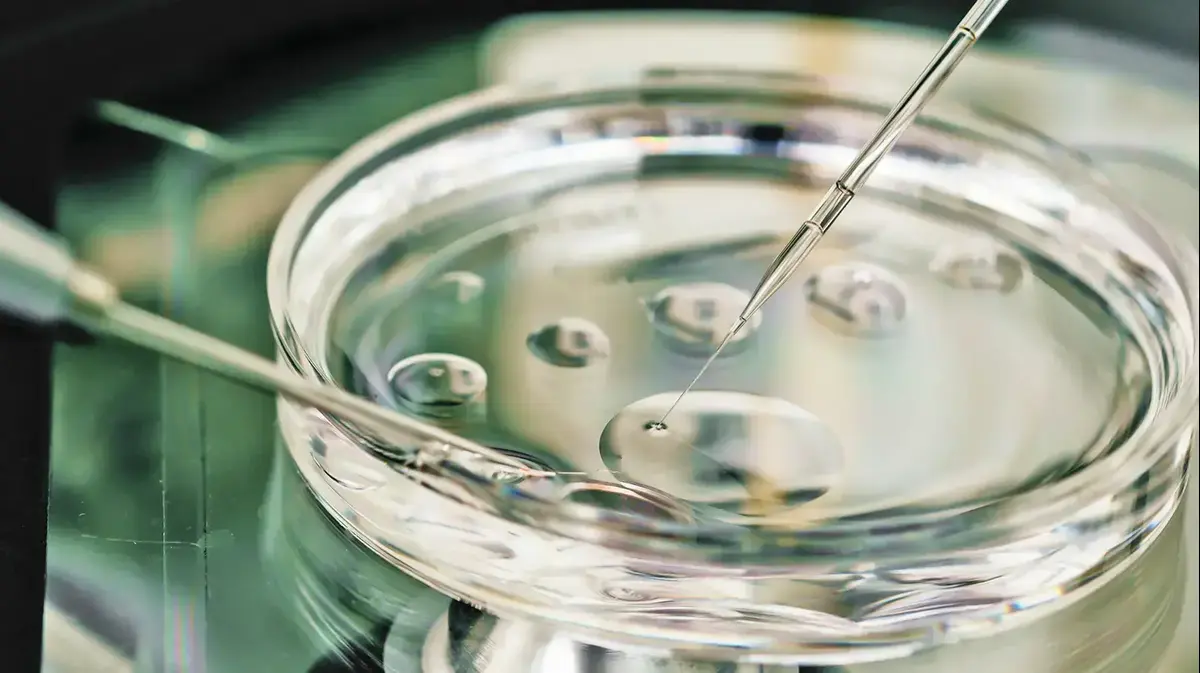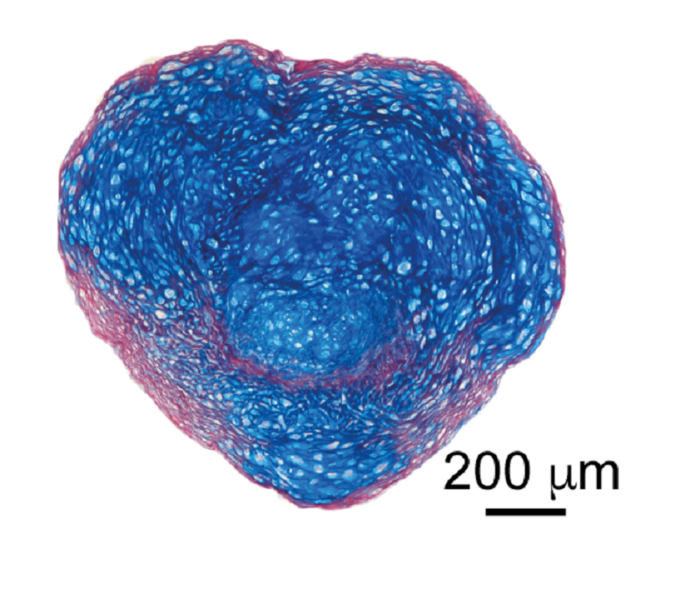Icon: enlarge
The Vivantes Humboldt Clinic in Berlin: Infections outside the hospital too
Photo: ANNEGRET HILSE / REUTERS
The bad news came on Tuesday last week: a routine screening had shown four positive tests for the virus mutation B1.1.7 in a hospital in the Berlin district of Reinickendorf.
None of those affected had previously been to the UK.
Nobody knew where the two patients and the two clinic employees could have been infected.
The district administration reacted consistently: Tests were carried out in the immediate vicinity of the infected, and they quickly revealed further infections with the mutated virus.
The Robert Koch Institute (RKI) was asked for help, and the Humboldt Clinic was closed for new admissions on Saturday night.
According to the medical officer Patrick Larscheid, the outbreak had "reached a level that we can hardly keep an eye on at the moment."
Since then, only those employees who are brought to work in shared taxis and relatives for terminal care have had access to the clinic.
The emergency room is closed.
Yet it may already be too late to limit the outbreak of the highly contagious mutation.
"You can't make up for that later, then it's too late."
Christian Drosten in the NDR podcast about the containment of the Corona mutant
It is the emergency that medical professionals have been warning about for weeks.
Should the mutation get out of control in Germany, significantly higher numbers of corona cases and overloaded intensive care units could be the result - as recently in Great Britain, where the mutated virus spread at lightning speed.
He now sees a window of time to nip the spread in this country in the bud, said virologist Christian Drosten in his NDR podcast last week.
“We have to do something now if we want to influence the germination of the mutant in Germany.
You can't make up for that later, then it's too late. "
So far, infections with the mutant B1.1.7 have only been found sporadically in Germany and mostly among people returning from traveling.
The RKI reported 28 evidence of the mutated virus from seven federal states.
In 19 of the previously known cases, according to the institute, infection abroad is assumed, in nine cases the source is still unclear.
For the other variant, which spread widely in South Africa, a total of 17 cases from Hamburg, North Rhine-Westphalia and Baden-Württemberg have been confirmed so far.
Extensive tests were carried out at the hospital in Reinickendorf over the weekend, and more than 1000 smears were taken.
Not all have been evaluated yet, but it is now clear: at least 22 patients and employees were infected in the clinic.
And they carried the virus on.
Because the mutant was also found in two people who never entered the hospital themselves - a relative of a discharged patient and in a second case a neighbor.
Over 400 results of the mass test are still pending.
As far as the outbreak could be reconstructed so far, all infections started in the cardiology department.
From there, the virus continued to spread - probably also with several patients who were transferred to another clinic in Berlin-Spandau.
The origin of the infection with the mutation is still unknown.
"At the moment we don't even know how the route is," said Patrick Larscheid, head of the Reinickendorf Health Department.
Larscheid is a member of what is known as an outbreak team, in which he and RKI employees are trying to understand the spread - and to prevent further cases.
"It's a tense situation"
Uwe Brockhausen, District Councilor in Reinickendorf
The next step is to test all relatives of the hospital employees.
However, there is still a lack of data at this point.
It is unclear whether discharged patients will have to go into quarantine at home.
But the goal is clear: The outbreak of the mutation should be limited in the same way as the first confirmed corona cases in Germany at the Webasto company in Bavaria last year.
At that time, the chain of infection could be tracked seamlessly and the outbreak stopped.
However, it is questionable whether this will also succeed in this case.
"It's a tense situation," says Uwe Brockhausen (SPD), district councilor in Reinickendorf.
He is worried because it is currently unclear how far the mutated virus has already spread.
Closing the emergency room at the Humboldt Clinic was a "serious decision".
According to Brockhausen, emergencies are now being distributed to other hospitals, which has so far worked well.
The Humboldt Clinic is one of the largest in the capital; around 65,000 people are treated here every year.
In the corona crisis, the clinic lifted a great burden: around 40 percent
of all inpatient corona infected Berliners were treated in the Humboldt Clinic, according to clinic operator Vivantes.
The only solution to really contain the virus is vaccination anyway, says Brockhausen.
The current situation shows once again the seriousness of the situation.
"When the vaccine is finally available in sufficient quantities," adds the city council, "I hope that a lot of people will be vaccinated."
Icon: The mirror









